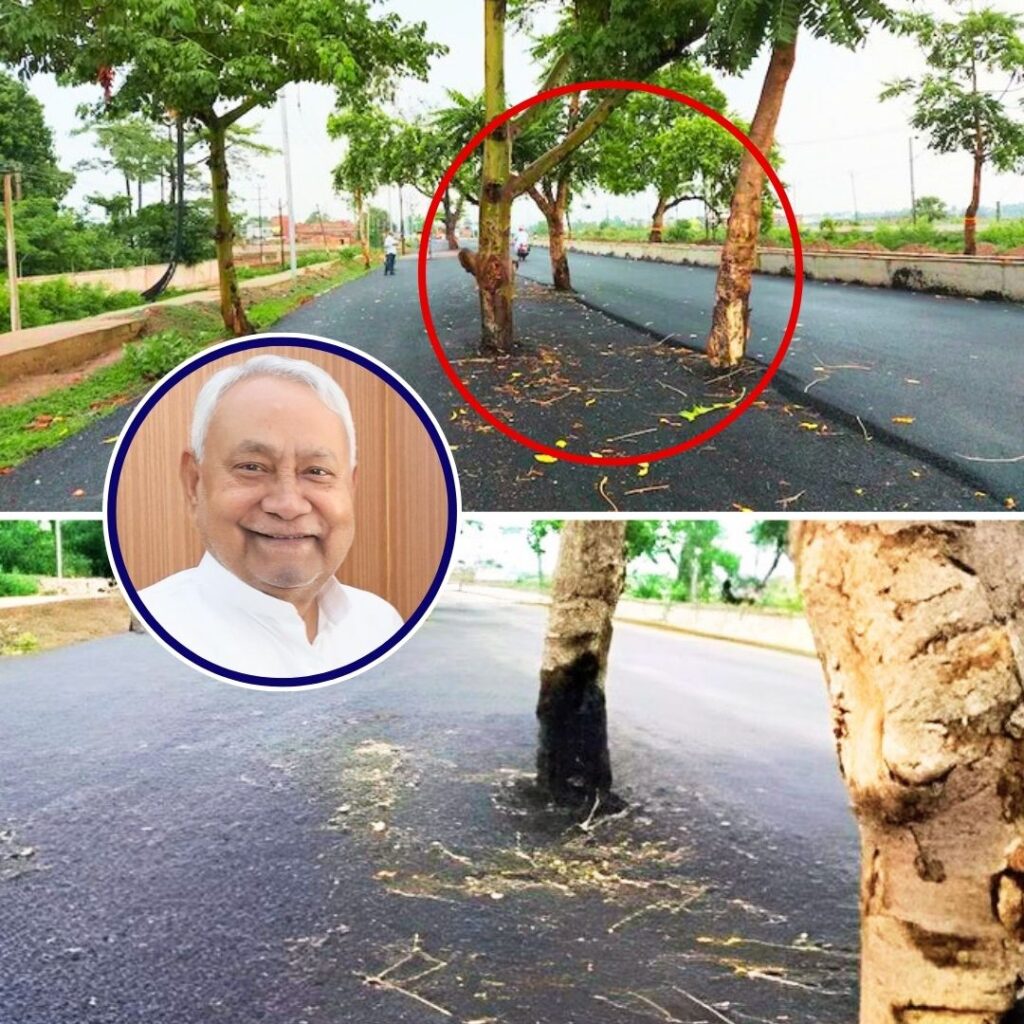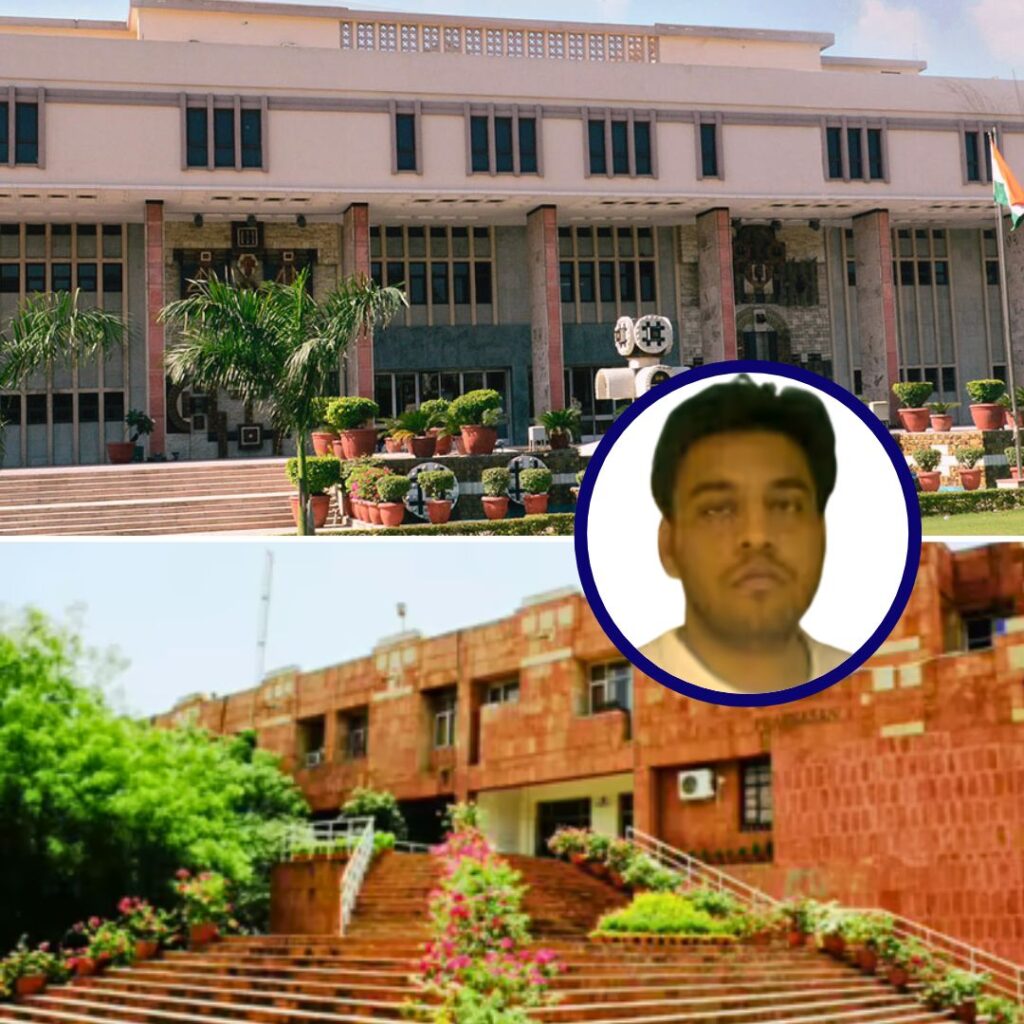A leap second was added to the Indian clock on Sunday.
What is a leap second?
A leap second is a one-second adjustment that is occasionally applied to Coordinated Universal Time. UTC – the primary time standard by which the world regulates clocks and time. Due to various forces, there are irregularities in Earth’s rate of rotation.
To keep the time of the day close to the mean solar time or UT1 (mean solar time at 0° longitude and to make sure that the atomic clocks are aligned with the rotational time and that they do not vary by more than 0.9 seconds, periodically, an extra second or a ‘leap second’ is added to the clocks around the world.
However, it must be remembered that these changes are relative to each other. Adding the leap second does not mean that they would add up and that the Earth would reverse in the end.
Leap seconds are added at the end of July or December. The International Earth Rotation Service (IERS) is an international organisation that releases the bulletin of when the second should be added. This is the bulletin C for this year.
On December 31, as the clock struck 23:59:59, instead of the time changing to 00:00:00, it was 23:59:60 because of the addition if the extra second. The atomic clock at New Delhi’s National Physical Laboratory (NPL) was also programmed along with other atomic clocks around the world.
D K Aswal, Director of NPL told NDTV “The Earth and rotation around its own axis is not regular, as sometimes it speeds up and sometimes it slows down due to various factors including earthquakes and moon’s gravitational forces that often results in ocean tides. As a result, astronomical time (UT1) gradually falls out of sync with atomic time (UTC), and as and when the difference between UTC and UT1 approaches 0.9 seconds, a leap second is added to UTC through atomic clocks worldwide.”
Significance
Director Aswal said that “The leap second adjustment is not so relevant for normal everyday life. However, this shift is critical for applications requiring of time accuracies in the nanosecond, which are critical in the fields of astronomy, satellite navigation, communication networks.”
The change in time will have significant repercussions in the fields of satellite navigation, astronomy and communication.











